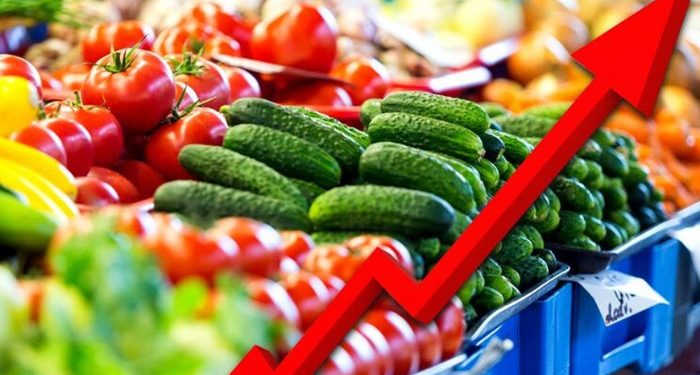Nigeria’s worsening food crisis is fueled by naira devaluation, rising insecurity, and surging inflation, according to Afreximbank’s report, Food Imports and Food Security in Africa: Addressing the Challenges.
The naira has lost 70% of its value since its flotation in 2023, while food inflation soared to 39.93% in November 2024, forcing many into malnutrition, according to the National Bureau of Statistics. The report highlights how insurgency in Nigeria’s northeast has displaced millions and crippled agricultural activities, further exacerbating food insecurity.
Daily attacks on farmers, ranging from kidnappings to killings, have reduced farming populations and food production. Afreximbank warns that conflicts across Africa are destroying agricultural infrastructure, displacing communities, and hindering humanitarian aid, driving up the risk of famine.
Across Africa, economic disruptions and inflation exceeding 5% in over half of low-income countries have pushed food prices higher, making basic staples unaffordable. About 33 million Nigerians are projected to face food insecurity by 2025, while 133 million already live below the poverty line, with limited access to a balanced diet.
Despite a global decline in inflation, Africa continues to struggle with rising food costs, eroding purchasing power and worsening food insecurity.










